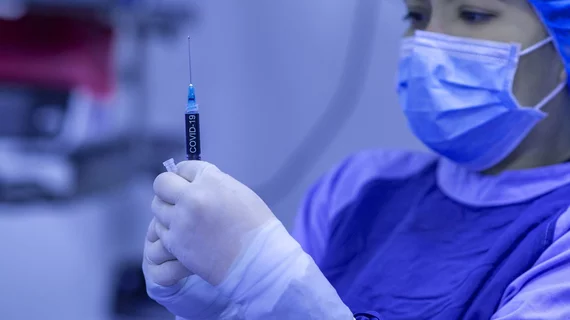WHO relaunches investigation into COVID-19 origin
The World Health Organization is relaunching an investigation into the origin of the virus that causes COVID-19.
The WHO has been pressured by the Biden administration to renew its efforts to examine reports of where the virus came from. The Scientific Advisory Group for the Origins of Novel Pathogens, a new permanent panel, will help the WHO investigate future outbreaks and determine human activities that increase the risk of new diseases.
The news was first reported by The Wall Street Journal.
The WHO previously looked into the origin of COVID-19 earlier this year after reports suggested it possibly came from a Wuhan lab. Foreign experts urged China to take a series of actions, including “analyze blood banks, test farmworkers and further scrutinize the earliest suspected cases,” WSJ reported. It’s not clear if China performed any of these measures, and that original team of experts from the WHO has disbanded.
The WHO will now select a new team to relaunch its investigation, and the team is likely to include at least one American. However, China has not said if it will let in the new, larger team consisting of members from a wider range of countries. The Chinese government will be closely watching the selection of the new team, according to the WSJ.
It’s important to note the original WHO team concluded it was highly unlikely the virus escaped from a Wuhan lab. Still, calls for more scrutiny over the analysis have heightened.

